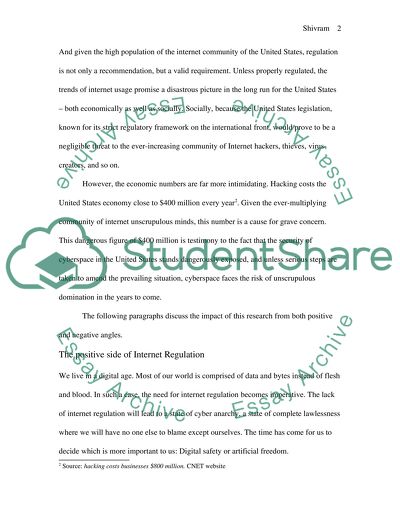Cite this document
(“Do We Need More or Less Regulation Research Paper”, n.d.)
Do We Need More or Less Regulation Research Paper. Retrieved from https://studentshare.org/social-science/1504455-internet-law-essay
Do We Need More or Less Regulation Research Paper. Retrieved from https://studentshare.org/social-science/1504455-internet-law-essay
(Do We Need More or Less Regulation Research Paper)
Do We Need More or Less Regulation Research Paper. https://studentshare.org/social-science/1504455-internet-law-essay.
Do We Need More or Less Regulation Research Paper. https://studentshare.org/social-science/1504455-internet-law-essay.
“Do We Need More or Less Regulation Research Paper”, n.d. https://studentshare.org/social-science/1504455-internet-law-essay.


